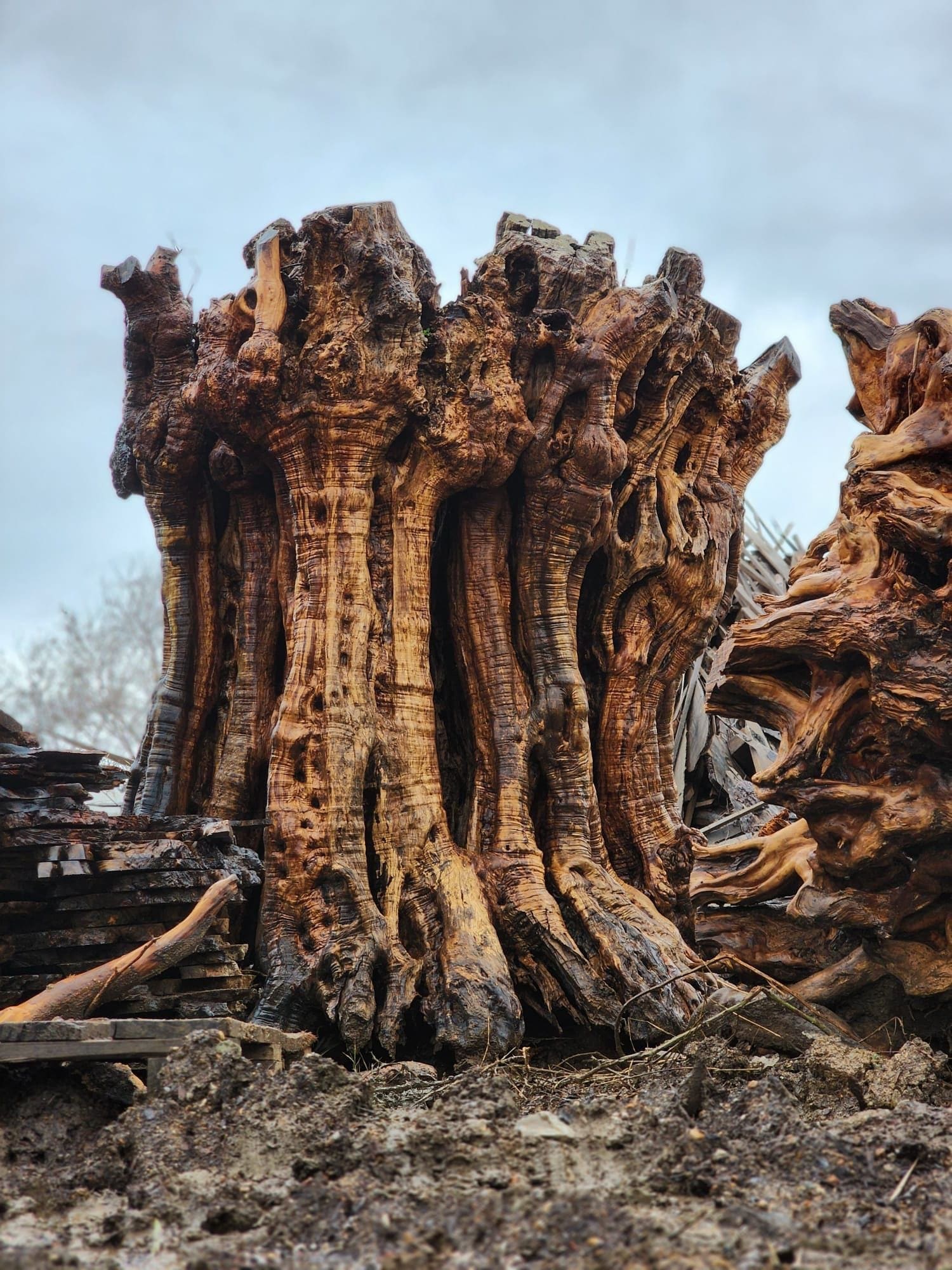The Olive Tree and Traditional Way of Life: The Role of the Olive Tree in Cultures
The olive tree has been a significant part of traditional ways of life for centuries. Especially in the Mediterranean region, the olive tree holds a central place in cultural and social life, forming the basis of many traditional practices and rituals. Here's an examination of the olive tree's role in traditional ways of life and cultures:
Olive Harvesting and Gathering Tradition
Olive harvesting is an important traditional activity in many cultures of the Mediterranean. Families and communities come together during the harvest season to collect olives collectively. This process provides an opportunity for working together, solidarity, and sharing traditional values. The tools and methods traditionally used during olive harvesting are also part of the cultural heritage.
Olive Oil Production and Preservation
Olive oil is an essential component of Mediterranean cuisine and traditional medicine. After olive harvesting, the collected olives are usually pressed with stone presses or modern presses to extract olive oil. This process relies on traditional knowledge and skills passed down through generations. The preservation and storage of olive oil are also done using traditional methods, preserved as an important legacy among families.
The Olive Tree and Cultural Symbols
The olive tree is considered an important symbol in many Mediterranean cultures. It is seen as a symbol of peace, prosperity, health, and solidarity. The olive branch is used as a symbol of peace, commonly seen in traditional festivals, weddings, and other celebrations.
Ecological and Sustainable Way of Life
The olive tree is a significant part of ecological and sustainable ways of life. The cultivation of olive trees and olive oil production exemplify the preservation of natural resources and sustainable agricultural practices. Therefore, the olive tree and olive oil are also considered symbols of ecological and healthy lifestyles in the modern world.The olive tree is an integral part of traditional ways of life, cultural heritage, and the natural environment. Rooted in Mediterranean culture, this ancient tree reflects people's desire for collaboration, solidarity, and conservation of natural resources.
This blog post aims to highlight the importance of the olive tree in traditional ways of life and cultures, providing readers with insights into the cultural and social dimensions of the olive tree.
